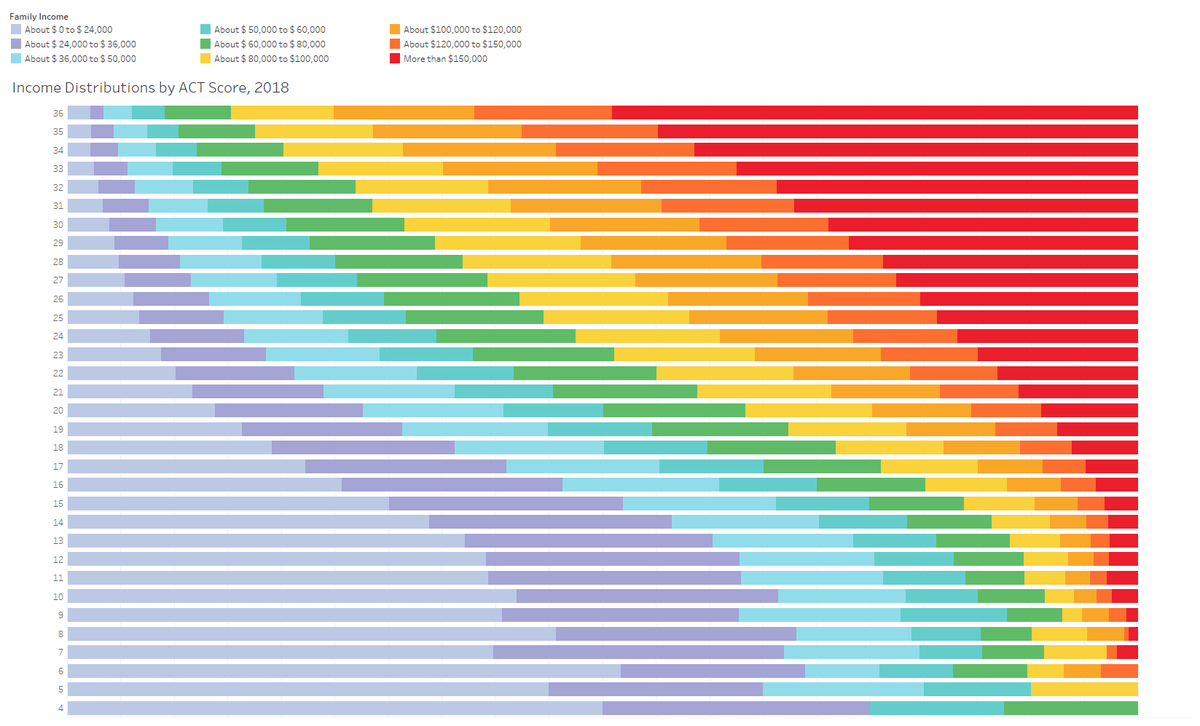
Thread: Complexities in admissions.
As you may know, my wife is a writing tutor. At this time of the year, she gets a lot of frantic requests from parents and students who want help with college essays.
Today, she said, "These poor kids."
As you may know, my wife is a writing tutor. At this time of the year, she gets a lot of frantic requests from parents and students who want help with college essays.
Today, she said, "These poor kids."
It's October 15th, which is the first big deadline, mostly, it seems, among some big public universities in the southeast, some of whom, I understand, don't even use all the things they require in the admissions process.
The supplementals are, well, whack. They're simply attempts to torture students, I've come to believe, since the default response is the most basic and boring and innocuous response conceivable. Of course, students have been cautioned not to go in that direction.
They need to be creative, they think, and many of them are crushed when they find out that the things colleges say about themselves all the time are not sufficient justification for the student's interest. It has to be *deeper* than that.
Of course, each college has its own supplements, so the complexity spins out of control. My wife says one of her students took four days this week to do nothing but college applications.
Which is ironic, to say the least.
Which is ironic, to say the least.
You may *want* these things because you think they might help you make a better decision. But do you *need* them? Are you collecting this information to justify your hair-splitting decisions to yourself or others?
Or do you think you can control things with precision?
Because I have bad news for you.
You can't.
Because I have bad news for you.
You can't.
We shouldn't have more commissions of people from colleges talking about how to improve admissions when we could improve it ourselves.
Fill out your own application. See what you think. Then do the same for five other colleges. How do you feel now?
Fill out your own application. See what you think. Then do the same for five other colleges. How do you feel now?
Don't be afraid to be different, or to break convention. It's a new day.
Admissions shouldn't be about identifying and pulling fully actualized adults (or those who've been coached how to look like one) from high school.
Admissions shouldn't be about identifying and pulling fully actualized adults (or those who've been coached how to look like one) from high school.
BTW, my wife? She said the most well adjusted student she's worked with is a very talented young man who's applying to just a few schools where he's almost certain he'll be admitted. He just wanted a little help with the CA personal statement.
Let's do better.
Oh, and #EMTalk
• • •
Missing some Tweet in this thread? You can try to
force a refresh









